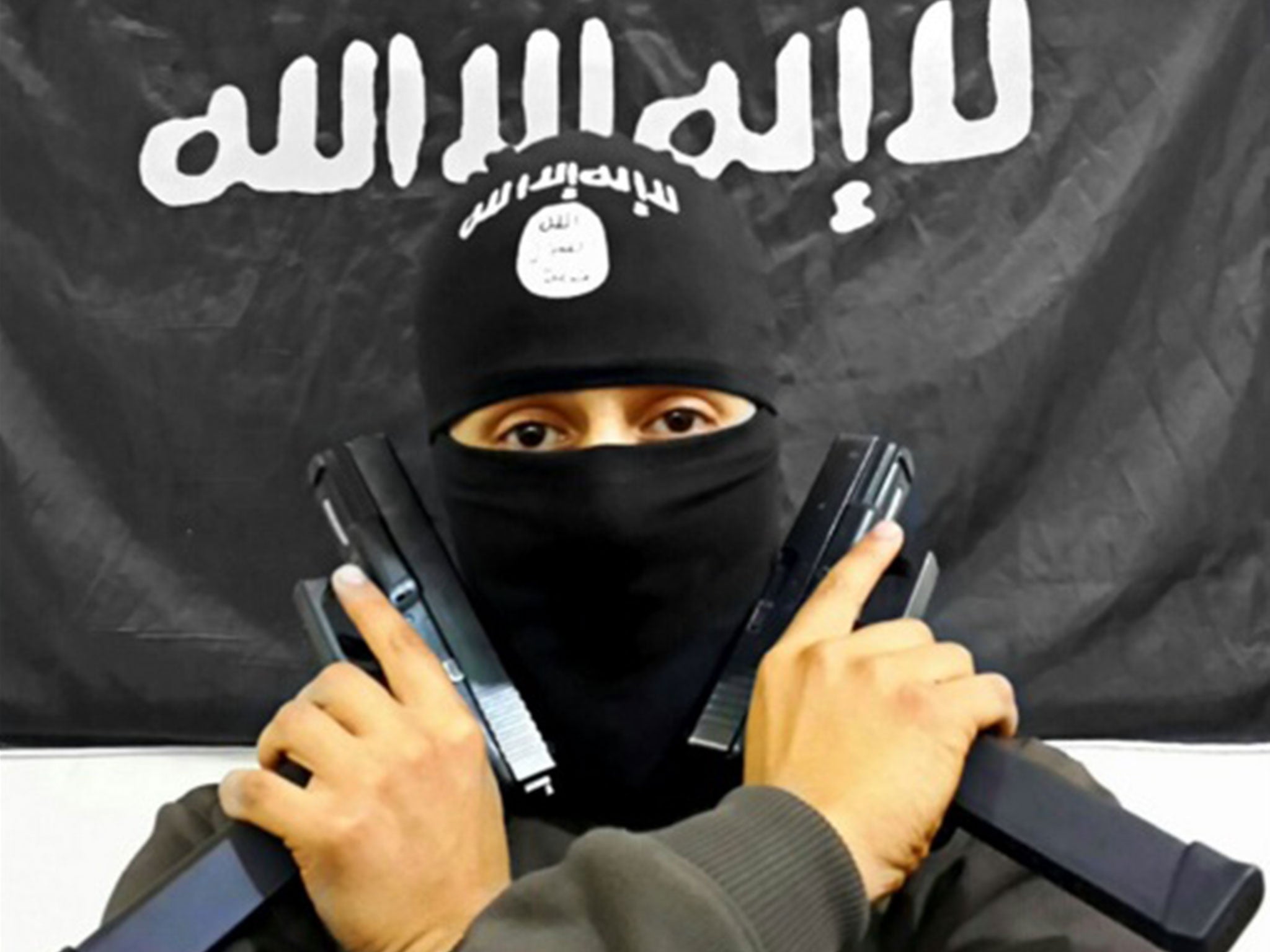Why do people join Isis? Foreign fighters almost never recruited at mosque, expert says
Scott Atran tells the UN in New York that a large majority of new Isis members are recruited by their own friends and peers, and says the leadership of the militant group understands youth ‘much better than the governments that are fighting against them’

The vast majority of people who join Isis are recruited by family and friends and radicalisation hardly ever occurs in a mosque environment, a leading Oxford University academic has said.
Speaking on a panel hosted by the UN in New York, Scott Atran revealed that research shows three quarters of those who join Isis as foreign fighters were encouraged to do so by friends and peers.
A further 20 per cent were recruited to Isis by family members, the expert said.
In the wake of the Paris attacks almost two weeks ago, there have been widespread calls for Muslim communities to do more to denounce extremism in structured settings.
Yet according to Mr Atran, who cofounded the Centre for the Resolution of Intractable Conflict at Oxford University, research has shown “radicalisation rarely occurs in mosques” and certainly not through anonymous recruiters and strangers.
An American and French anthropologist, Mr Atran said Isis offered the same kind of “revolutionary pull” as had occurred during the French Revolution, the Bolshevik Revolution in Russia, and the rise of Nazi Germany.
He says the West has inaccurately written Isis off as mindless terrorists, when in fact the group understands the youth it attracts” much better than the governments that are fighting against it”.
Far from just being a problem of radicalisation in mosques, Mr Atran said, a significant number of Isis recruits actually come from Christian families – “and they happen to be the fiercest of all the fighters we find”.
Mr Atran told a meeting on "Foreign Terrorist Fighters" organised by the UN Security Council's counter-terrorism committee that "it is the call to glory and adventure that moves these young people to join the Islamic State" and that "jihad offers them a way to become heroes".
The West's counter-messaging that the group is bad, cuts off heads and wants to control women is not effective or universal, said Mr Atran, who has interviewed captured fighters from Isis and the al-Qaida linked Nusra Front.
"The Islamic State represents the spearhead of the most dynamic counter-cultural revolutionary movement since World War II with the largest volunteer fighting force since World War II," he said.
He warned that unless the UN or other organisations "figure out how to have ideas from youth bubble up and be used to attract other youth, I think we'll be lost for the coming generations".
While those recruited to IS are often said to have "moral failings" or be "brainwashed," Mr Atran said most foreign fighters who join the group, especially those from Europe, do so willingly.
He stressed that the Paris attacks that killed at least 130 people are an integral part of the IS game plan.
"There is no change in the game of the Islamic State," he said. "This has been the plan and will continue to be the plan."
Additional reporting by agencies
Join our commenting forum
Join thought-provoking conversations, follow other Independent readers and see their replies
Comments